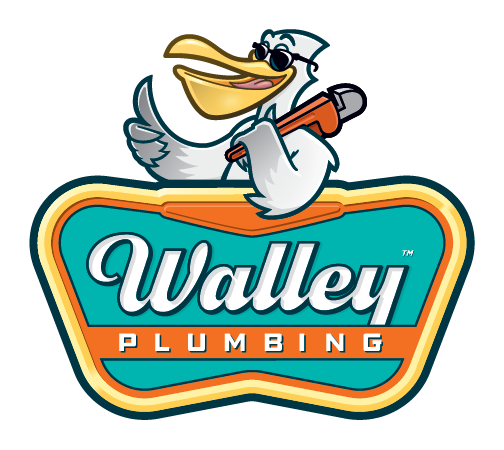Plumbing is an essential aspect of any home, responsible for ensuring a steady supply of water and maintaining a functional drainage system. As a homeowner, having a basic understanding of plumbing can save you time, money, and headaches in the long run. While some plumbing issues may require the expertise of a professional plumber, there are several DIY tips that can help you handle common plumbing problems and prevent costly repairs. In this blog, we will discuss the top 10 plumbing tips that every homeowner should know.
1. Know Your Plumbing System:
The first step to becoming a proactive homeowner in regards to plumbing is to familiarize yourself with your home’s plumbing system. Locate the main water shut-off valve, which is usually found near the water meter. In case of a plumbing emergency, shutting off the main water supply can prevent further damage to your property. Additionally, identify the locations of all the individual shut-off valves for sinks, toilets, and appliances, as this can help you isolate specific issues without disrupting the entire water supply.
2. Regularly Check for Leaks:
Even minor leaks can waste a significant amount of water and lead to costly water bills. Regularly inspect your faucets, pipes, and plumbing fixtures for any signs of leaks. Look for water spots, damp areas, or puddles around sinks, toilets, and appliances. If you spot a leak, address it immediately to prevent further damage and conserve water.
3. Avoid Chemical Drain Cleaners:
Chemical drain cleaners might seem like a quick fix for clogged drains, but they can cause more harm than good. These harsh chemicals can corrode pipes and lead to serious plumbing issues down the line. Instead, opt for natural or mechanical methods to clear clogs. Use a plunger or a drain snake to dislodge blockages safely.
4. Learn to Use a Plunger Properly:
A plunger is an invaluable tool for any homeowner and can effectively clear many types of clogs. To use a plunger correctly, create a tight seal around the drain and then push and pull the plunger vigorously to create suction and dislodge the blockage. Be patient and persistent, and in most cases, the clog will clear.
5. Prevent Frozen Pipes in Winter:
During the winter months, frozen pipes can be a significant concern, leading to burst pipes and water damage. To prevent frozen pipes, insulate any exposed pipes, especially those in unheated areas such as the basement, attic, or garage. You can use pipe insulation or heat tape for this purpose. Also, allow a slow drip from faucets during extreme cold to relieve pressure and keep water flowing.
6. Be Mindful of What You Flush:
Toilets are not meant to handle all types of waste. Flushing non-biodegradable items, such as wipes, sanitary products, paper towels, and cotton balls, can lead to clogs and blockages. Stick to flushing toilet paper only, and remind your family members to do the same.
7. Know When to Call a Professional:
While many plumbing issues can be resolved by homeowners, some problems require the expertise of a professional plumber. Trying to tackle complex plumbing problems without the necessary knowledge and tools can worsen the situation and may lead to expensive repairs. If you encounter issues like major leaks, sewer backups, or problems with your water heater, it’s best to call a licensed plumber to assess and fix the problem.
8. Regularly Maintain Your Water Heater:
Water heaters are vital for providing hot water in your home, so it’s essential to keep them in good working condition. Periodically check for signs of leaks, rust, or corrosion on the water heater tank. Drain the tank at least once a year to remove sediment buildup, which can affect its efficiency and lifespan. If you notice any issues, have a professional inspect and service your water heater.
9. Invest in High-Quality Plumbing Fixtures:
When it’s time to replace plumbing fixtures such as faucets and showerheads, consider investing in high-quality, water-efficient models. These fixtures not only enhance the aesthetic appeal of your home but also help conserve water and reduce your utility bills.
10. Practice Water Conservation:
Being mindful of water usage is not only good for the environment but also helps you save money on water bills. Simple practices like fixing leaks promptly, turning off the tap while brushing teeth or washing dishes, and installing water-saving fixtures can significantly reduce your water consumption.
In conclusion, knowing the basics of plumbing can empower homeowners to handle minor plumbing issues and prevent major disasters. Regular maintenance, proactive measures, and being aware of water conservation can go a long way in keeping your plumbing system in excellent condition. Remember, when in doubt, don’t hesitate to call a professional plumber for expert assistance. By following these top 10 plumbing tips, you can ensure the smooth functioning of your plumbing system and protect the value of your home for years to come.

